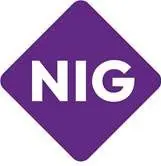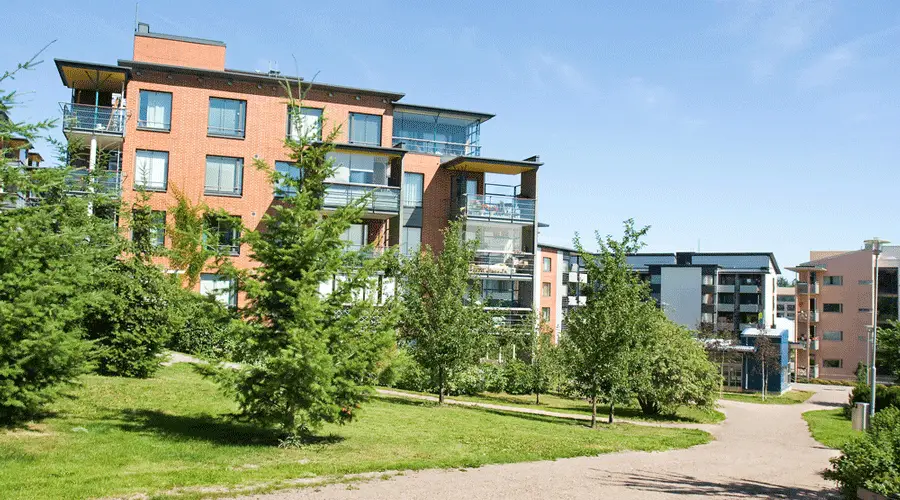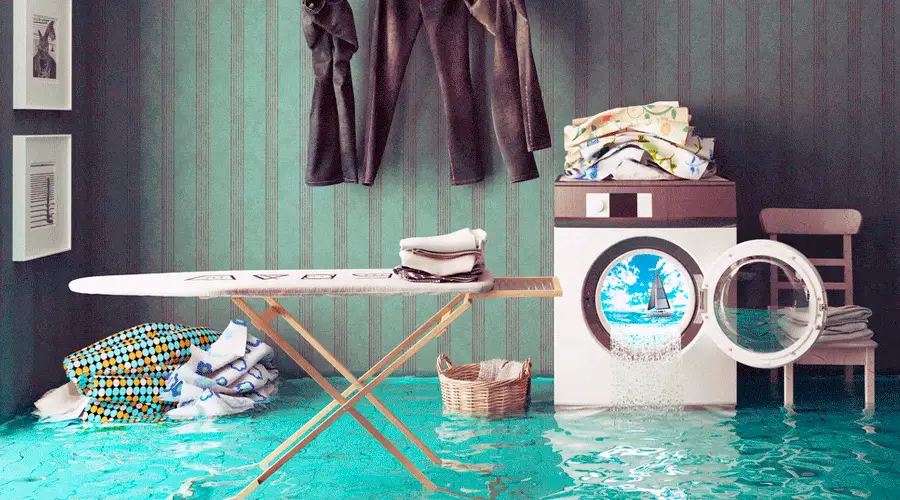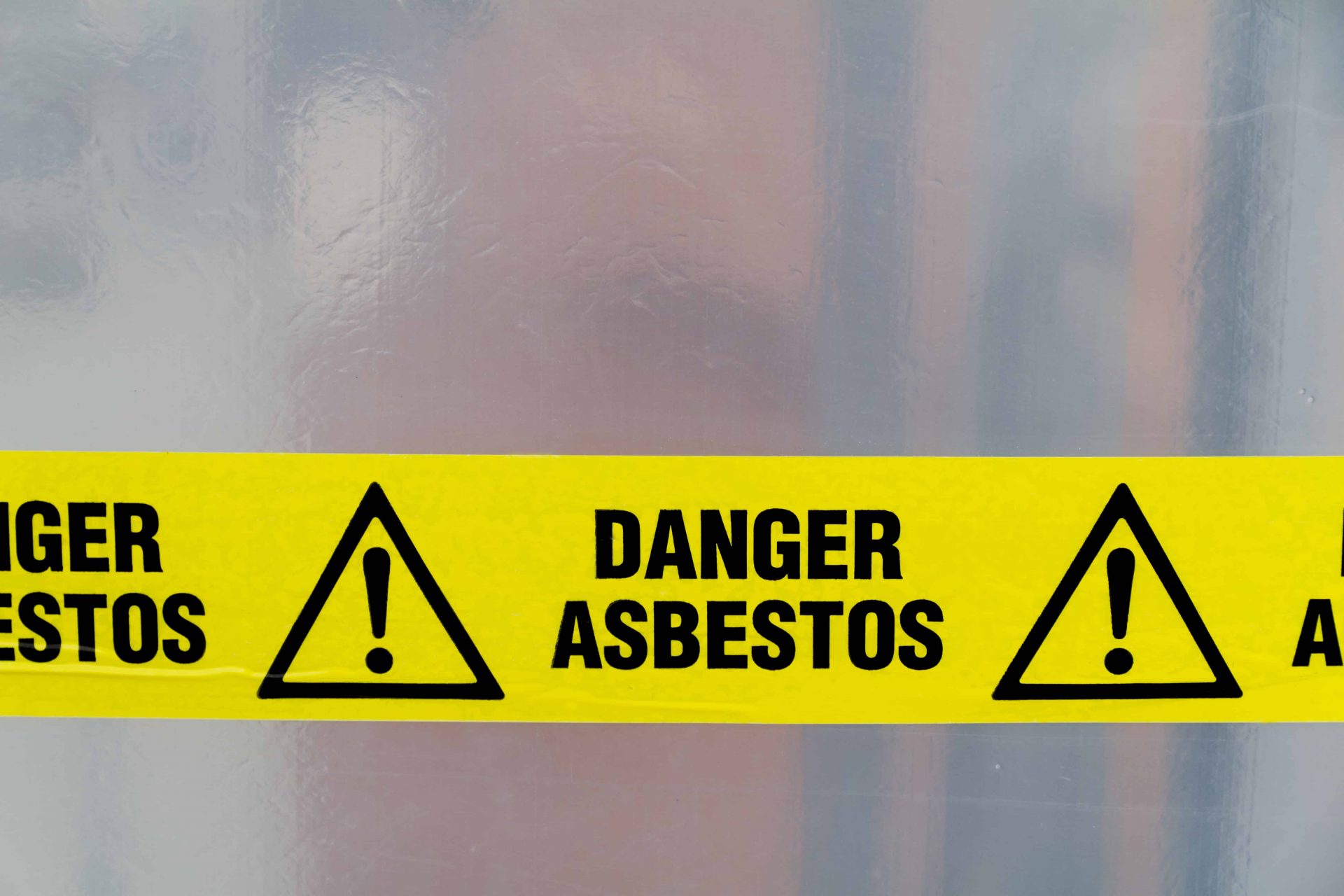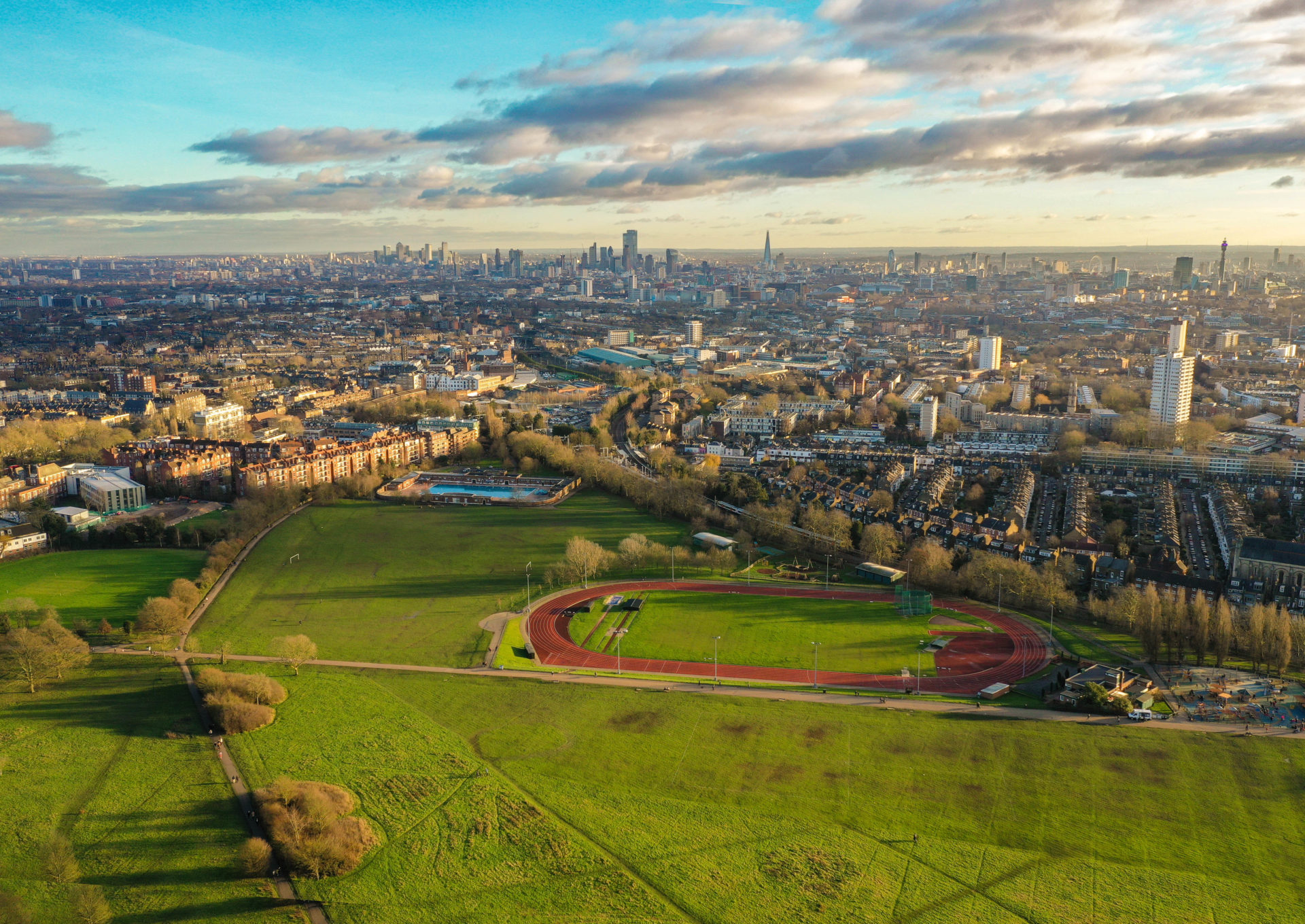Freeholder building insurance
Whether you own two flats in a converted house or multiple flats in a purpose-built block, as a freeholder or joint freeholder, it’s important to consider freeholder building insurance.
What is freeholder building insurance?
Freeholder building insurance is designed for properties consisting of more than one home, like flats and apartments. This type of insurance is typically the responsibility of the person who owns the property’s freehold—or shared freehold.
Freehold properties come in all shapes and sizes, from converted houses and repurposed warehouses to purpose-built blocks and listed buildings. Fortunately, freeholder building insurance covers both standard and non-standard construction types. It provides cover for the entire building, regardless of how it’s put together, against specific risks that come with being a freeholder.
What’s covered by freeholder buildings insurance?
Freeholder buildings insurance typically covers the cost of repairs to the fabric of your building. Usually, the risks you’ll be covered against include:
- Fires – cover for damages caused by fire, including rebuilding costs
- Storms – protection against damages from severe weather such as windstorms and hurricane
- Floods – cover for flood-related damages, ensuring your property can be restored after water damage
Be aware that building insurance policies for individual units, such as detached, semi-detached, or terraced homes, are unlikely to be appropriate for buildings with more than one flat or apartment. Policy limits and exclusions may apply, please see the policy wording for full terms and conditions.
The benefits of block of flats building cover for freeholders
- Building cover – protection against fire, theft, accidental damage, water damage, storm, and flood
- Inflation protection – cover up to 50% using recognised independent price indices to adjust your sums insured in line with inflation
- Communal contents (if needed) – cover for items such as fitted carpets in communal areas
- Trace and access – cover for locating and repairing leaks in service pipes
- Alternative accommodation or loss of rent – cover if your home becomes uninhabitable or tenants need to move out due to an insured event
- Outbuildings – cover for structures like garages and communal gardens and grounds
- Excess – only one excess per incident, meaning if the single damage incident affects several flats, you’re liable for only one excess per total claim
- Replacement keys – covers the cost of replacing keys to communal entrances. This is particularly important for buildings with many flats
- Employers’ liability – protection against accidents or losses incurred by employees working in communal areas
- Third-party liability – up to £10 million worth of cover for third-party claims. Call us for a no-obligation freehold insurance quote today.
Policy limits and exclusions may apply, please see the policy wording for full terms and conditions.
Why do you need freeholder insurance as a freeholder?
Although it’s not a legal requirement, it’s a good idea to consider freeholder insurance as it offers:
- Financial protection – Freeholder insurance covers the cost of repairs or rebuilding in the event of damage from risks such as fire, storm, flood, or vandalism, which can help prevent significant financial loss.
- Robust cover – It covers the structure and fabric of the entire building, including communal areas and outbuildings.
- Liability protection – You’ll have cover for employers’ and third-party liability, protecting you against potential legal claims for accidents or injuries on your property.
- Tenant assurance – Knowing that their homes has protection offers tenants peace of mind, which can make your property more attractive to potential renters.
- Regulatory compliance – It helps ensure you meet legal or regulatory requirements for insuring multi-dwelling buildings.
Policy limits and exclusions may apply, please see the policy wording for full terms and conditions.
Some of our partners
Other insurance products bought by customers
Other insurance services bought by customers
Why choose Gallagher for freeholder insurance?
You can get cover to meet your needs at Gallagher. We offer optional extras alongside our standard cover so you can create a policy to suit you. That can include a variety of buildings, from converted houses and listed buildings to purpose-built blocks.
Plus, our specialist claims advisors are dedicated to guiding you through the entire claims process, providing step-by-step support from the initial notification to the final settlement. You can report a claim at any time, day or night, 365 days a year.
Frequently Asked Questions
Please note that these Frequently Asked Questions are not a substitute for the policy wording. For full terms and conditions please see the policy documentation.
What property types are covered in freeholder building insurance?
Flats, apartments, converted houses, and purpose-built blocks are all covered in a freeholder building insurance policy.
Is the freeholder responsible for building insurance?
Yes, the freeholder is usually responsible for building insurance.
How do you make a claim on freeholder insurance?
A member of our experienced UK in-house claims team will guide you step-by-step through what can be a complex claims process. This can be especially true if multiple flats are involved in the claim.

